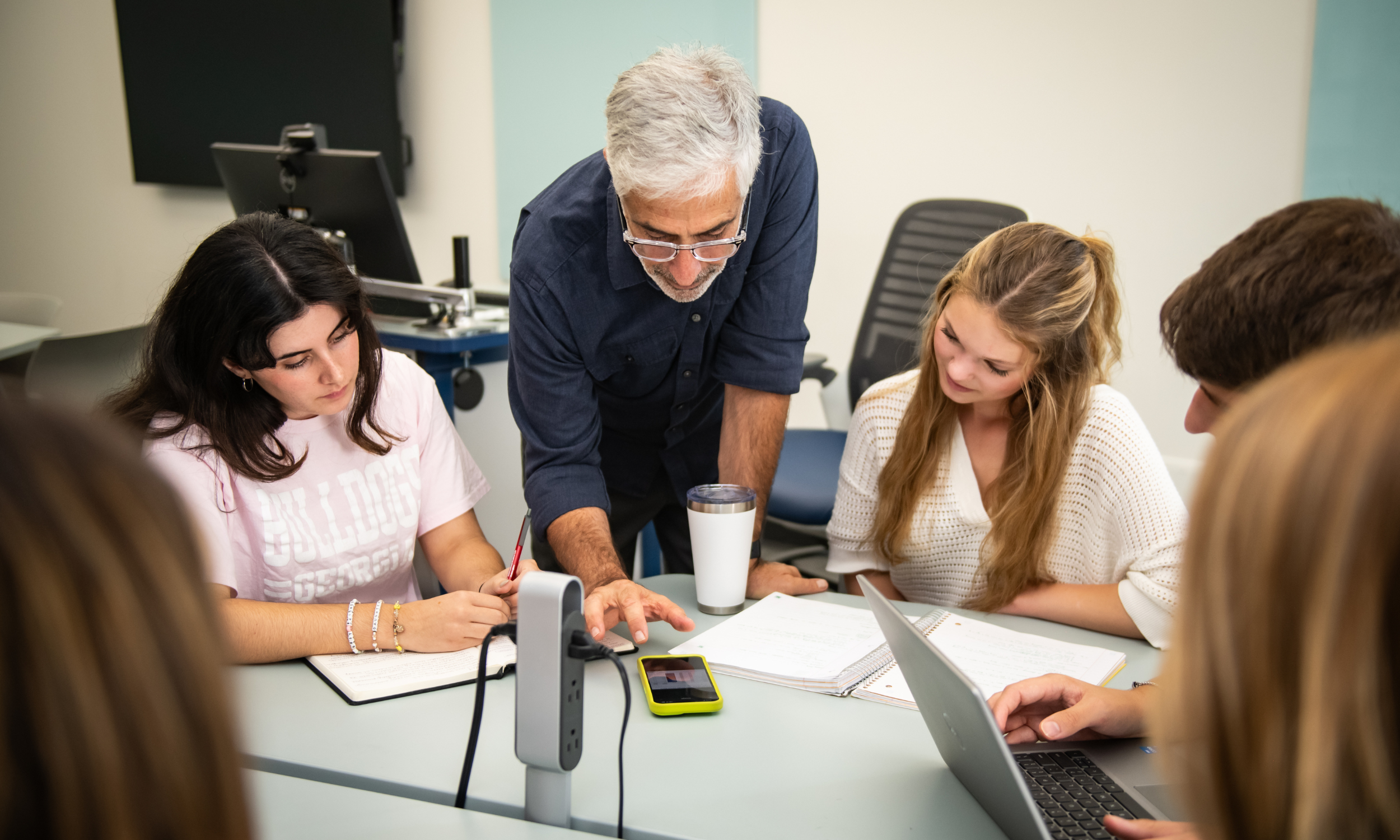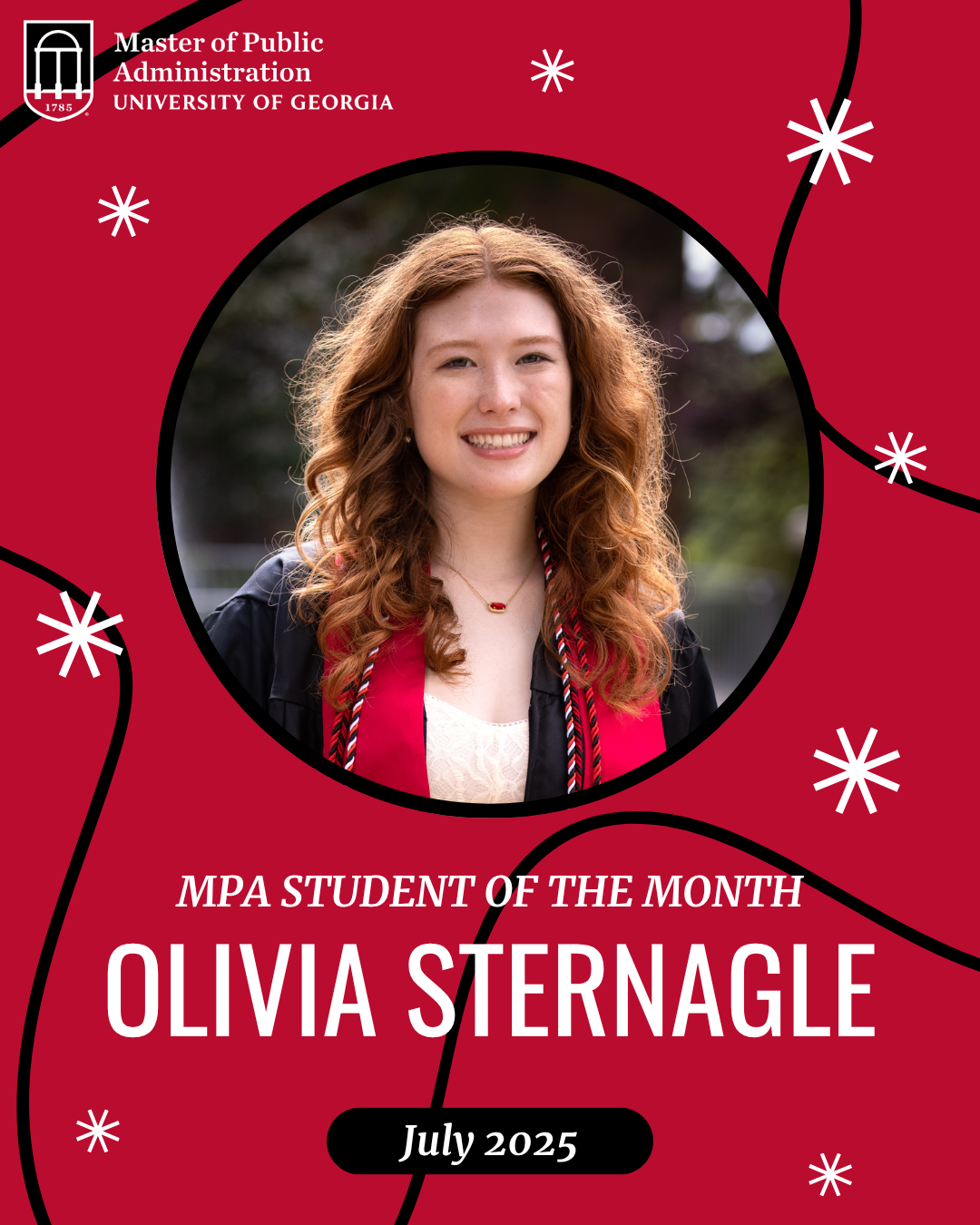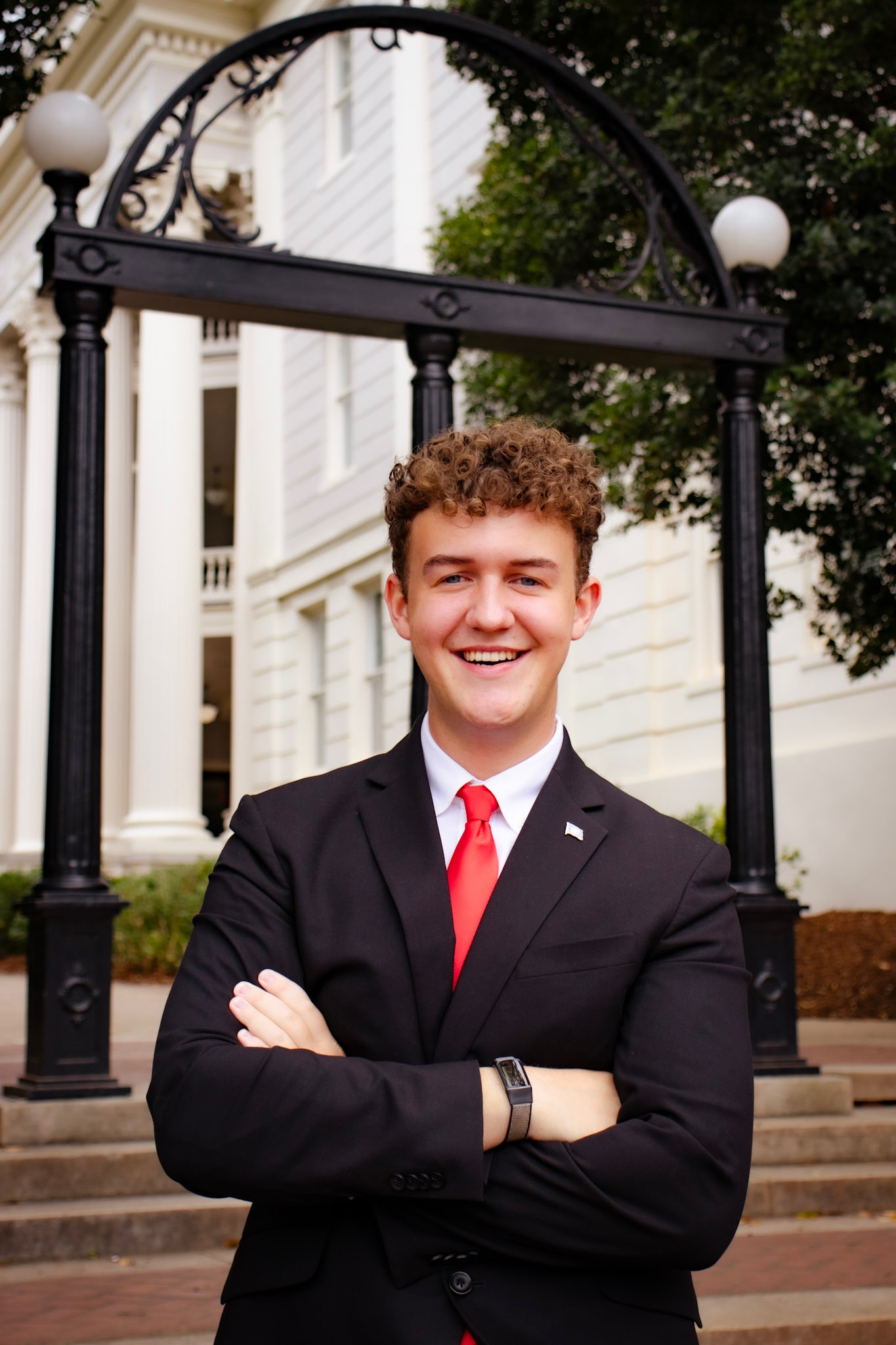Real-World Experience
A growing body of research demonstrates that experiential learning enhances student learning, success in the classroom, on-time graduation, and transition to the workforce. Many UGA students already engage in experiential learning, and ensuring that all students do so prior to graduation will take the world-class learning experience that UGA provides to an even higher level.









